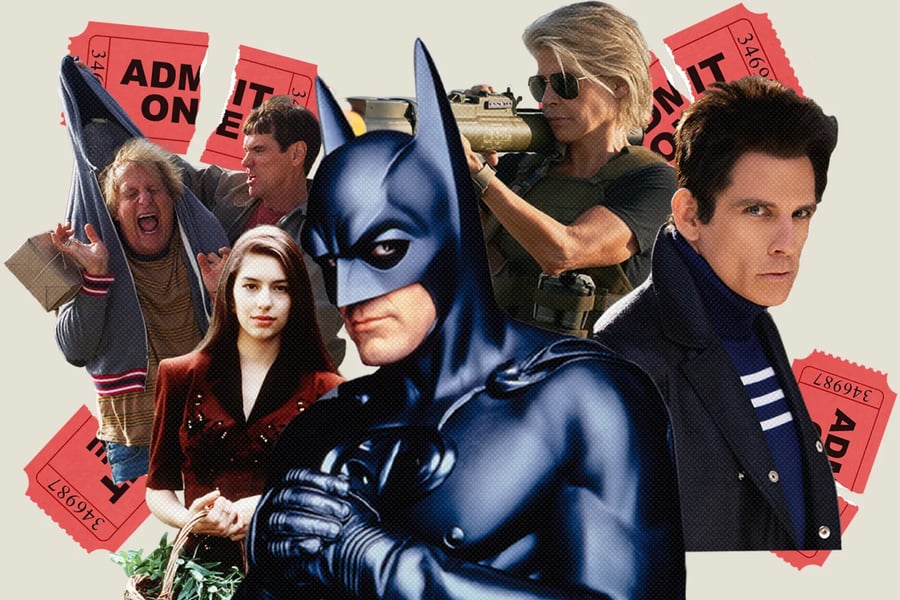The 50 Most Disappointing Movie Sequels of All Time
A world where heroes never die, the same jokes never get old, and the odd numbered Star Trek movies always stink

IMAGES IN PHOTO ILLUSTRATION: EVERETT COLLECTION, 5. ADOBE STOCK 4.
Sequels are almost as old as Hollywood itself. Even before talkies hit the marketplace in 1927, studios were churning out follow-up movies like The Fall of a Nation and Don Q, Son of Zorro. The trend continued throughout the Golden Age of Hollywood with The Bride of Frankenstein, Dracula’s Daughter, The Thin Man Goes Home, Mr. Belvedere Rings the Bell, Jolson Sings Again, and Father’s Little Dividend. Blockbusters of the Seventies and Eighties like Star Wars, The Exorcist, Halloween, Ghostbusters, Batman, and Raiders of the Lost Ark launched film franchises that continue to this day.
It’s easy to understand why risk-averse studios are so eager to green-light sequels. If a formula worked once before, why not simply try again? It’s also much easier to market a familiar story than it is to introduce something new. The only problem is that precious few sequels in Hollywood history have ever lived up to the original. And for every Star Wars: The Empire Strikes Back and Terminator 2: Judgment Day that truly justify their existence, there are about 300 movies like Weekend at Bernie’s II and Son of the Mask that, to put it kindly, do not.
A list of the worst sequels in history could be almost endless, and almost too easy. Few people turned on Crocodile Dundee in Los Angeles or American Pie Presents: The Naked Mile and expected some great masterpiece. So in picking our list of the worst movie sequels, we limited the list to movies that seemed at the time like they might actually be worthwhile. We admit it’s very subjective. And it’s easy to fault us for expecting anything decent out of the latter-day Die Hard or Terminator movies, but they somehow managed to get our hopes up at least a little every single time. (If they made Terminator 37, we’d still walk in feeling hopeful. We’re fools.)
Please join us on this sad journey through Hollywood history where Michael Meyers is never truly dead, John McClane transforms from a regular police officer into an immortal killing machine, the odd numbered Star Trek movies always suck, and we wait in vain for the day any Jurassic Park sequel is even halfway watchable.




















































































